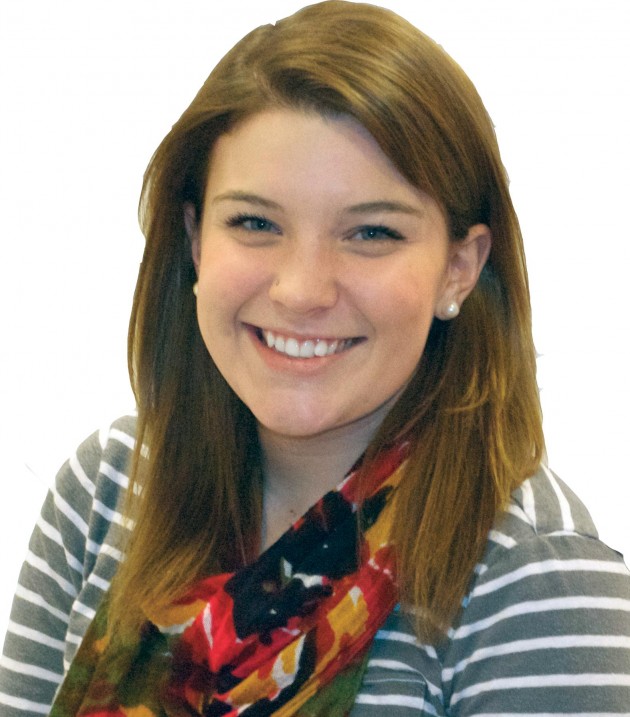
At DePauw, we spend a considerable amount of class time engaged in dialogue. Meaningful dialogue. These discussions encourage process of exploration and engagement rather than absorption or regurgitation. They exercise not only our abilities to learn, but to unlearn.
So what happens when your 8:10 class just isn't a particularly chatty bunch? To spark these critical conversations, many professors have a class participation policy in place. Some are worth as much as 30 percent of a student's final semester grade. Professors intend to assign such high values to participation to provide the impetus for discussion. But instead of positively contributing to the academic atmosphere, these policies end up detracting from what could be a more welcoming space for learning.
I'll be the first to admit that I'm not the most talkative student out there. As a writing major, I find myself most articulate when I have a pen in my hand or keyboard at my fingertips. That's not to say I don't try to interject when I find it appropriate, but that I illustrate good thinking in other ways. Sometimes, I think this is undervalued in our classes at DePauw. In a world where people can't seem to shut up, I think it's important to be selective in what we contribute to the conversation. Words carry a lot of weight.
Assigning a numeric value to the frequency that a student speaks in class, from my observation, also yields a lot of cut corners. To snag that low-hanging fruit that is the day's participation grade, some students end up skimming readings, half-heartedly "snowballing" off a classmate's previous remarks or providing loosely related personal examples to explain abstract theories. The attitude being that every verbal contribution to class ensures they're in the safe zone - even if it's a surface understanding of the material.
To be fair, I realize the burden that professors take on when they include that participation requirement in their syllabi. It's difficult to calculate, makes faculty vulnerable to more grade challenges and can be applied inconsistently. It seems like the only way to both preserve the integrity of the classroom and make sure everyone's voices are equally heard. But it still leaves out those who aren't the first to jump out of their seat with an insightful commentary.
That's not to say I think the quieter students should get away with their silence - in fact, the best professors I've had were ones who had no participation grade, but weren't afraid to call on students to expand on a part of their recent paper or something they'd mentioned in office hours.
Which brings me to propose that we begin to measure course participation not in terms of how many times our hands shoot up in class, but in more holistic terms. Does a student visit a professor during office hours to discuss readings, papers, grades? Does the student demonstrate a strong grasp of the material verbally and in writing responses? Does the student really seem to invest - really own - their education?
Taking these factors into consideration would lessen the negative pressure to speak for speaking's sake. We'd have more organic, productive conversations both in and outside of our classrooms. We'd acknowledge the multiple ways that students learn and demonstrate competency. And we'd form communities that aren't competing to get the first word in edgewise. At DePauw, we don't engage in dialogue to sound intellectual at cocktail parties. Let's not reduce it to that.
- Brelage is a senior from Indianapolis majoring in English writing.
